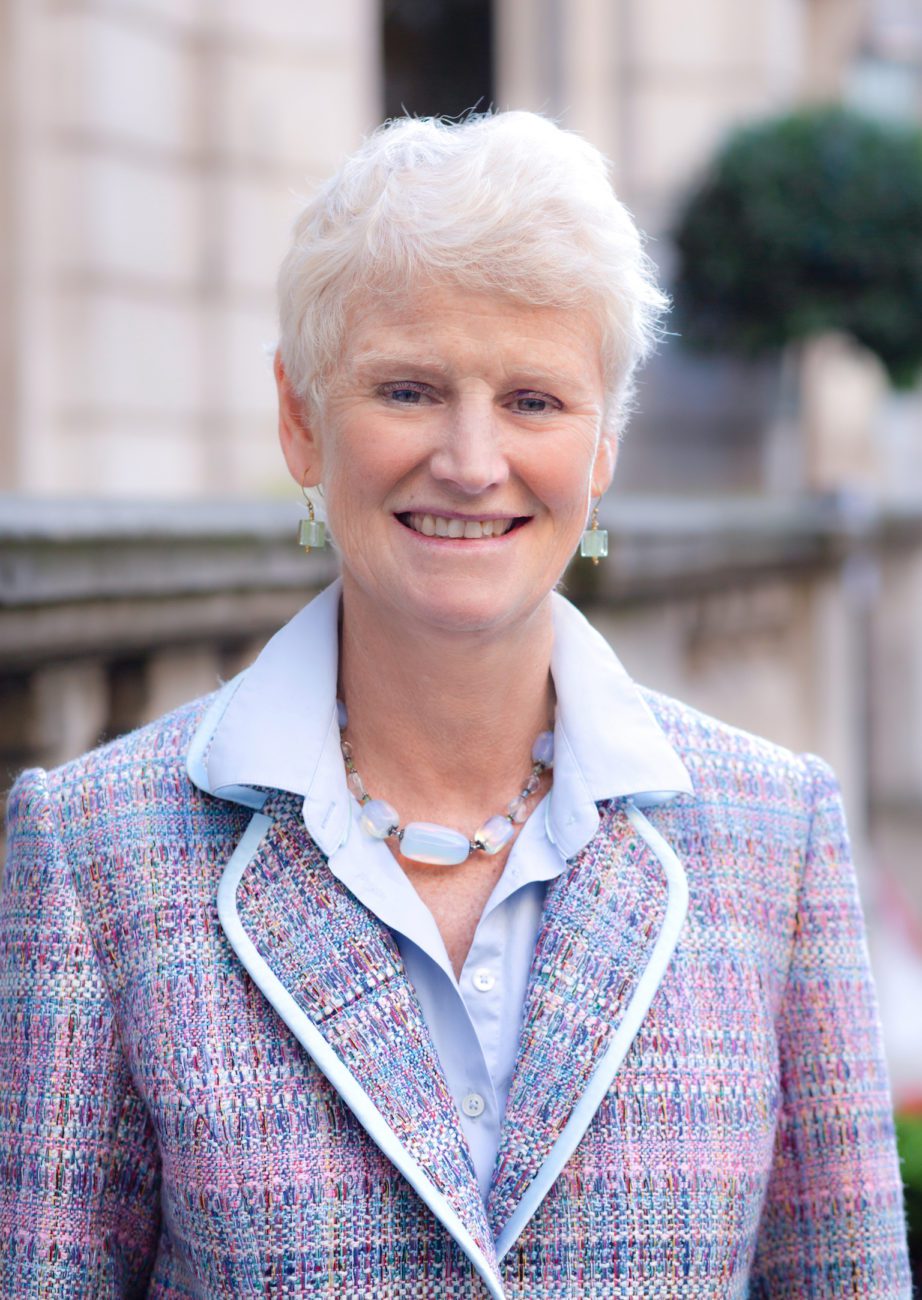BGC chair defends industry against “baseless allegations”

The BGC chair said she believed that there had been a number of “baseless allegations” against betting operators during the course of the 2022 Fifa World Cup.
The tournament is a major driver of traffic to sportsbooks and other betting sites – and operators can expect an increased level of revenue and customer acquisition during the period.
However, Simmonds painted industry critics as misinformed about the dangers of betting. She said that critics have claimed gambling harm is likely to increase because of the World Cup, despite statistics suggesting stable or declining rates of harm in recent years.
“Anti-gambling lobbyists, backed by poorly informed commentators, have reached for ever-more extreme reasons to claim this World Cup will cause harm, despite there being no evidence to confirm that,” she said.

“Around 22.5 million adults enjoy a flutter each month on the lottery, bingo, in casinos, gaming online and on any number of sports, including football. Despite that popularity, and despite the very public vitriol directed at betting, the actual rates of problem gambling among UK adults remains low by international standards at 0.3%.
“In fact, despite Covid, and the cost-of-living crisis, problem gambling rates in the UK have been falling for the past number of years. It is not soaring, it is not rocketing, it remains a small number of the many millions who bet safely and responsibly.”
The 0.3% problem gambling statistic cited by Simmonds is taken from the latest gambling participation and prevalence survey conducted by the Gambling Commission. That number was consistent with September 2021’s total.
The same survey found that problem gambling rates for those aged between 16-24 had increased to 1.4%, compared to 0.4% the previous year. However, due to the relatively small sample size of the population at 293, the change was not statistically significant.
BGC self-imposed measures
Simmonds pointed to a number of self-imposed measures that industry had taken as proof of how seriously it has taken the issue of people experiencing harm from gambling.
“Our members introduced the whistle-to-whistle ban, preventing betting advertising during live football before the watershed,” she said. “Now, no betting advertising can be shown five minutes before until five minutes after live games on television. This reduced the numbers of children seeing betting ads by 97%.”
Simmonds said that this also reduced the numbers who saw betting ads during the 2020 Euros by 47% compared to the previous World Cup. In addition, she said that 20% of advertising is committed to safer gambling messaging.
In addition, Simmonds pointed to new age-gating rules on social media platforms that restrict ads to those aged 25 and over for most sites. According to the chairman, this had removed over 100 million social media impressions.
“This measure alone was one of more than 20 separate industry standards or initiatives enacted since the BGC was established just three years ago,” she said.
Gambling Act white paper
The government is currently in the process of updating the country’s gambling laws via a review of the 2005 Gambling Act. The long-awaited product of this process will be a white paper which will propose a number of specific policy changes that will point the way to legislative reform.
Simmonds used the opportunity to urge the government to scale back the size of the potential reforms.
“Our members support the white paper as a further opportunity to drive up standards,” she said. “But none of the measures from the government should risk driving punters to the unsafe, unregulated black market.
“As this long process draws to a conclusion, MPs should not allow emotions to overrule common sense. Any dispassionate analysis of the facts leads to the obvious conclusion that betting is popular, problem gambling is low, while the industry is good for sport, the economy and tax take.
“The industry takes its responsibility for safer gambling very seriously. To shackle it with the kinds of regulations being called for by prohibitionists would create harm, not prevent it. Common sense must prevail.”
